Microsoft’s Announcement on Windows 10
Microsoft has declared the final update of Windows 10 in 2022. This may prompt queries about the effect on your everyday operations, but there’s no need for alarm. Your Windows 10 computers will continue to function and receive current updates and security patches for the foreseeable future.
Transitioning to Windows 11
Despite Windows 10’s continued support, it’s prudent to contemplate upgrading to Windows 11. With Microsoft directing its resources towards its newest operating system, future advancements and innovative features will primarily be seen in Windows 11.
Windows 11: Advantages to Leverage
Switching operating systems may seem overwhelming, but Windows 11 offers several enhancements you won’t want to miss:
Superior Performance
Windows 11 is designed to optimize efficiency and performance across various devices, promising faster, smoother business operations.
Revamped User Interface
A modernized interface, characterized by enhanced navigability and customization, significantly improves user experience.
Advanced Security Measures
Windows 11 introduces Microsoft’s most advanced security features yet, presenting formidable barriers to cyber threats.
Seamless Cloud Integration
Windows 11 offers extensive access to cloud-based services, facilitating collaboration and productivity enhancement within teams.
Security Implications of Delayed Upgrading
While it may be tempting to delay upgrading, it’s important to note that Microsoft will eventually cease security updates for Windows 10, expected around late 2025. This could leave businesses lagging and vulnerable to security threats. Thus, upgrading sooner rather than later is recommended for optimal protection and benefits.
Strategizing Your Upgrade to Windows 11
Transitioning to Windows 11 necessitates proper planning and execution. Hardware requirements must be met, and ensuring a smooth transition with minimal disruption to operations is essential. Should you require assistance for a seamless migration, do not hesitate to reach out.
The Final Curtain Call for Windows 10: What You Need to Know
Microsoft has announced that the current version of Windows 10, released in 2022, will be its final release.
If you’re currently using Windows 10, you might wonder what this means for your day-to-day operations.
The good news is…
…that your computers won’t suddenly stop working. The current updates and security patches for Windows 10 won’t disappear anytime soon, either.
However, you may want to consider upgrading to Windows 11 sooner rather than later. Microsoft has made it clear that it will be devoting all its attention to the new operating system from now on, so future developments and innovation will be focused on Windows 11.
Upgrading can be a Daunting Task, but Moving to Windows 11 Has so Many Benefits:
Enhanced Performance
Windows 11 has been designed to maximize efficiency and performance across all types of devices, making it a no-brainer for businesses looking for faster and more efficient technology.
Improved User Experience
The interface has been updated with a more modern look, making it easier to navigate and customize.
Increased Security
Windows 11 has Microsoft’s most advanced security features, making it harder for cybercriminals to breach your system.
Better Integration with Cloud Services
Windows 11 gives you access to a range of cloud-based services, making it easier to collaborate with other team members and enhance your business’s productivity.
If you’re still hesitant about upgrading, keep in mind that Microsoft will eventually stop releasing security updates for Windows 10. We’re expecting it to be in late 2025. This means staying with Windows 10 for too long could put your business at risk of security threats.
The sooner you upgrade, the better your protection against these threats and the more significant the benefits you’ll be able to reap from Windows 11.
Like any big project, moving to Windows 11 needs to be planned and implemented properly. Your hardware needs to meet certain requirements, and, of course, you’ll need to ensure it’s done without affecting day-to-day operations.
Get in touch if you’d like help making the transition with as little disruption as possible.








